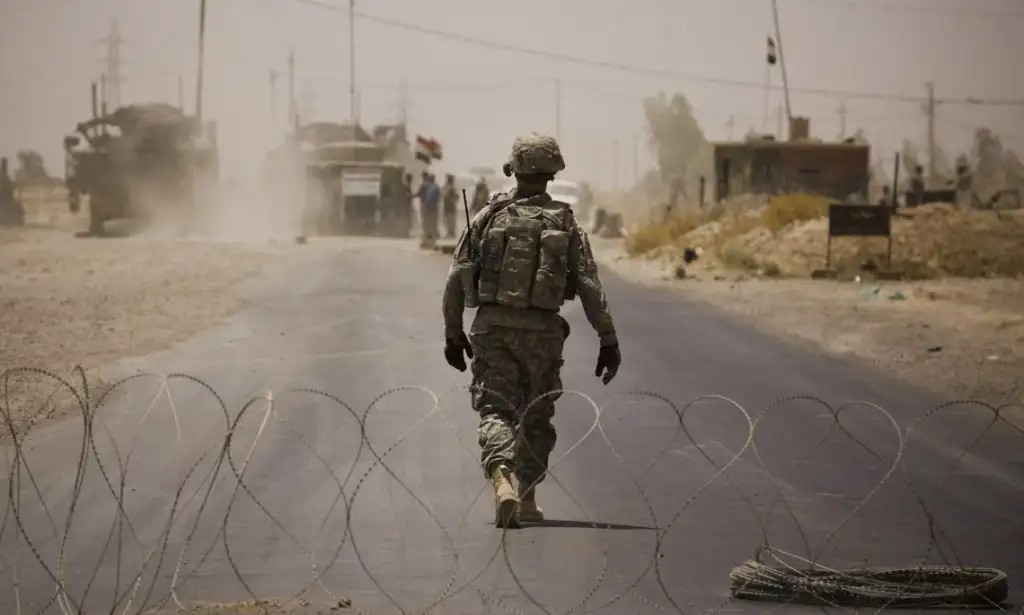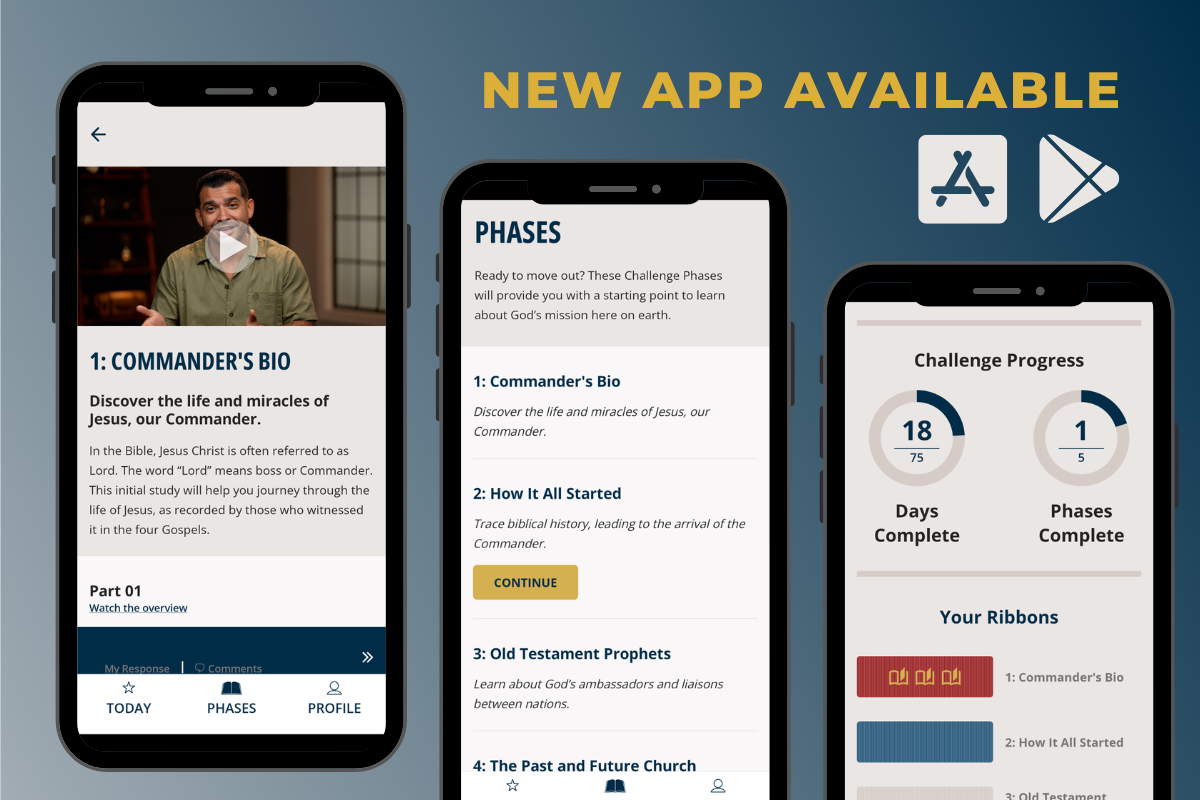It is dark.
It is still.
And I am alone.
Alone, except for…
The quiet is palpable, but not depressing. It is serene, liberating quietude.
This is my hour. It is the best part of my day, and I am alert, full of anticipation.
It will be an hour or more before anyone else stirs. So here I am – alone.
“Why am I alone?”
This might have been the question in Adam’s conscious mind during the hours following his creation. Observing all God’s creatures pass before him, as he carried out his assigned task of naming them, he could not have missed the fact that each of them had a mate, a partner, another like itself. And he must’ve looked to his Creator, the question pouring from his innocent soul, “Why am I alone?”
And God confirmed the validity of Adam’s question by saying, “It is not good for the man to be alone.” To this point in all creation, God had seen – and affirmed – that everything He had made was “good.” Yet, for Adam to be alone – “not good.” God’s solution? “I will make a helper corresponding to him.” So God made for Adam another human being, for companionship and completeness. No longer was he alone.
Adam’s dissatisfaction at being alone has been echoed by multitudes the past couple of years. Forcibly segregated from one another, we have realized that what God said is still true: It is not good for us to be alone. Thankfully, technology has helped us “connect.” But, as any deployed soldier, sailor, airman, coastie or marine can tell you, talking to an image on a screen is a poor substitute for being present with one another.
“…we are most effective when we work – and fight – together.”
We were made for connection, for relationship. We truly need each other. It was not God’s design that we muddle through life by ourselves. Again, military personnel realize, contrary to the “superhero” concept promoted by screen moguls, that we are most effective when we work – and fight – together. We are strongest in “community” with one another. And we are most satisfied when we share companionship with other human beings.
Redeeming Solitude
Consider this. When downed fliers were captured by the North Vietnamese, one of their chief tactics in attempting to “break” them – to get them to provide information useful to their side, and to get them to make statements that would turn American public sentiment against the war – was to isolate them from one another. Lieutenant Commander John McCain (later Senator John McCain) spent over 2 years in solitary confinement in North Vietnamese POW camps. His experience was not uncommon among those in the camps, some spending even more time separated from their fellow warriors.
After his eventual release and repatriation, McCain and many others related how the American POWs struggled, and eventually succeeded, to find ways to connect with one another, even while isolated. Most notable was their development of a “tap code,” by which they managed to “talk” with one another by tapping on the walls of their cells. But even beyond the tapping, they would risk beatings and torture to get messages to one another in any way possible – to connect, to have a form of “fellowship” that enabled them to maintain hope, even during years of brutality at the hands of merciless captors. Without fellowship, they would become weak, disconsolate and quite possibly give up and give in.
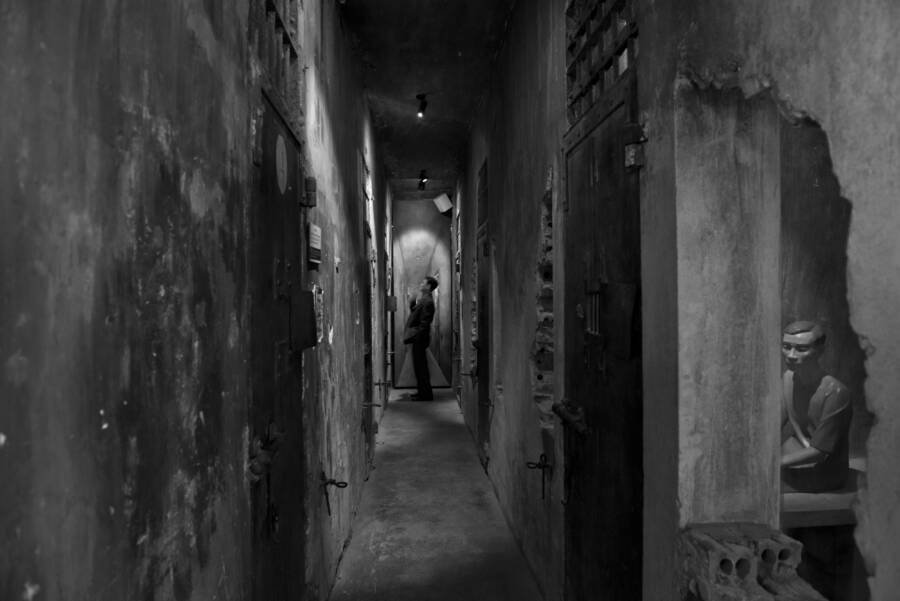
Yet two curious things took place among those who suffered in solitary confinement. Without books to read, having no screens to watch, nothing with which to write, and no significant human interaction, they discovered that their minds were actually “free” – to think, to reflect, to create, to remember. McCain wrote about how, after months of isolation, men would find the amazing ability to invent and “build” houses, “write” books, “paint,” and recall passages from books they had read, including the Bible. But after returning home, McCain said he had the same difficulty common to many of us of even remembering the names of people he had just met moments before. Those in captivity found they were actually set free to think productively as a means of passing the time and maintaining their sanity.
We were made for relationship, not only with one another, but with the One who made us. During their captivity and isolation from one another, many discovered – or rediscovered – this reality, and found themselves turning to God. Some revisited the spiritual training of their upbringing. Others sought to open new lines of communication with the God they hadn’t known, or had known only in passing. Prayer became a source of strength, as did reviewing memorized passages from His Holy Word – the Bible.
In the silence and suffering of their incarceration, they learned to “hear” God. Without the daily distractions of warfare, and even of human conversation, they were free to listen with their souls, and thereby to find restoration and strength. Perhaps this is what David meant, famously speaking in Psalm 23 of his relationship to God,
“He makes me lie down in green pastures;
He leads me beside quiet waters;
He restores my soul.”
Likewise, in Psalm 62, he says:
“For God alone my soul waits in silence,
For my hope is in Him.
He only is my rock and my salvation,
my fortress; I shall not be shaken.
On God rests my deliverance and my honor.
My mighty Rock, my refuge is God.”
In sitting quietly alone with God in His word and prayer, He brings us strength and renews our perspective, by which we can endure and thrive even in the direst of circumstances.
So by confining these warriors in an attempt to break them, their captors were actually making them stronger, more determined to do their duty, more confident of victory, and more satisfied in their souls. There are lessons here, from which we who are not confined may learn. We can choose each day to prioritize our vertical relationship by temporarily suspending our horizontal ones. By removing ourselves from people and distractions we can set aside time to “seek the Lord while He may be found.”
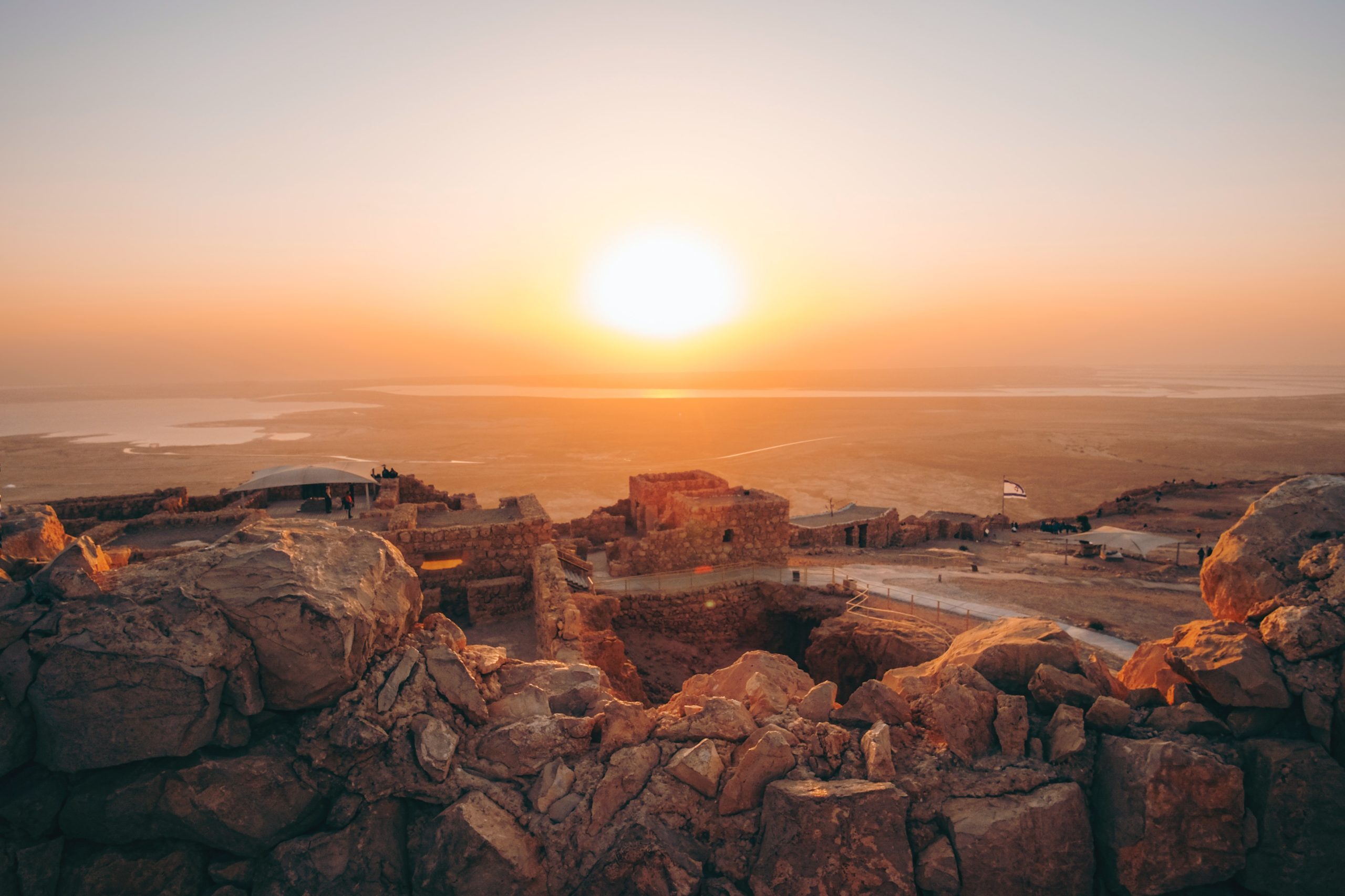
Seeking Lonely Places
During His years on earth, Jesus demonstrated this in His own relationship with His Father. Mark 1:35 tells us, “In the morning, a great while before day, He rose and went out to a lonely place, and there He prayed.” The early morning darkness is a great occasion to find undistracted time to talk with, and listen to, our Father in Heaven. Jesus knew this. In His humanity, Jesus needed to get away from the chaos and distractions of the crowds and the demands of life to restore His soul in the presence of God. So do we.
So this is the answer to the question I posed at the beginning of this posting, “Why am I alone?” Not because I am in solitary confinement, not because my aloneness has been imposed upon me, not because of the pandemic shutdown, not because I have nothing else to do, but because in fact I do have so much to do, much that distracts me from the very thing I need the most – time with my God.
The reality that I have found, the same reality discovered by many of those POWs, is that I am actually never really alone. My Father is with me always; I need to simply take the time to enjoy His fellowship, and be strengthened and renewed in His presence.
For reflection:
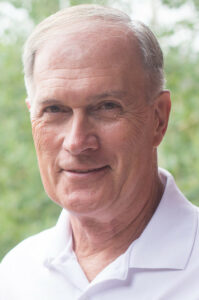
Dr. Larry Sherbondy
LtCol, retired, USAF
Larry is Officer Christian Fellowship Director of ROTC Ministry and contributing author to the Warfighter’s Study Bible.

